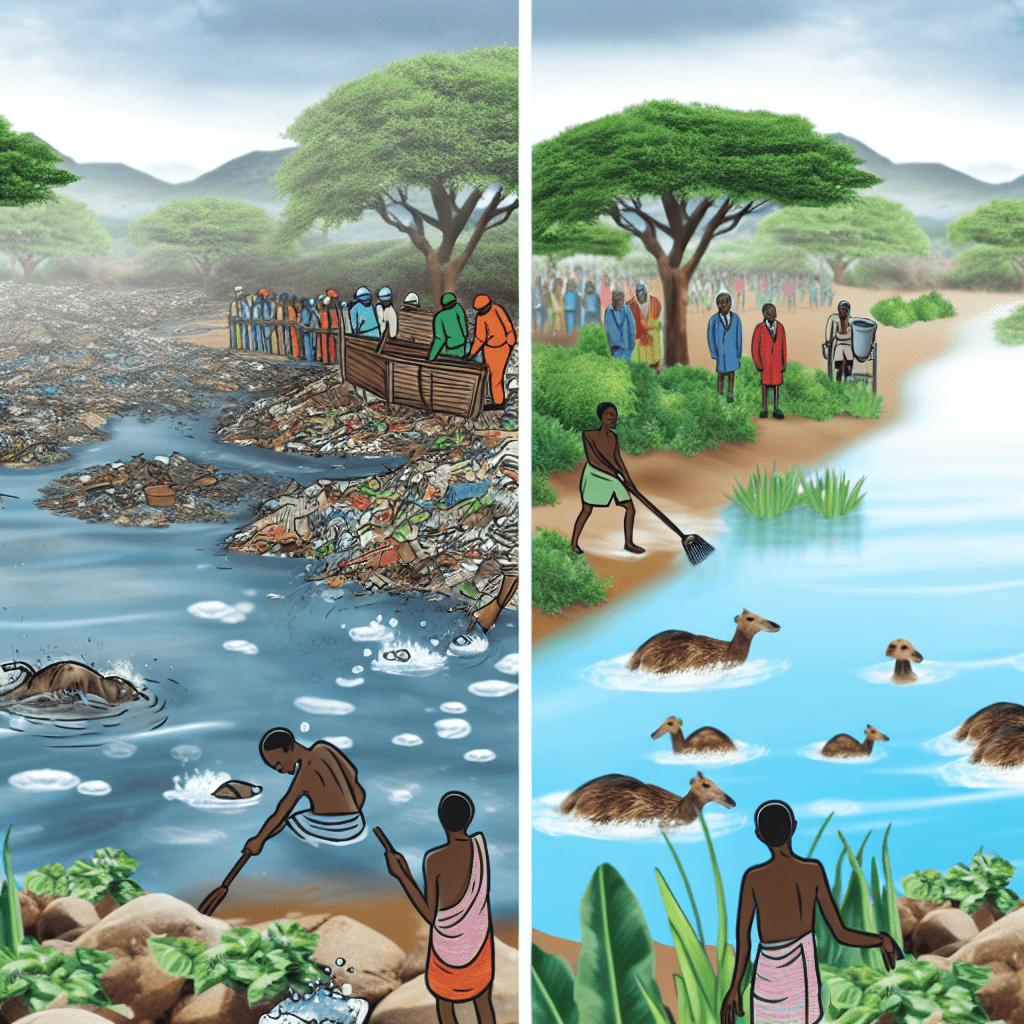”
South Africa, a diverse country with significant water bodies, grapples with complicated water quality concerns. This article expands upon South Africa’s water quality troubles, demystifying their root causes and suggesting potential solutions for change.
Boasting significant river systems such as the Orange and Limpopo, water inequality, pollution from industrial activities, agricultural runoff, and inadequate sanitation cause major water quality issues in South Africa. The looming threat of climate change further exacerbates these problems.
Pollutants in South African water bodies contain a mix of heavy metals, nitrates, phosphates, and harmful bacteria. Such contaminants not only pose serious health risks to the population but also disrupt local ecosystems and place a heavy burden on water purification infrastructure.
The South African government’s commitment to improving water quality is evident from initiatives such as the National Water Act and the Green Drop Certification Program. However, these water concerns persist, calling for a more integrated, future-minded approach.
Addressing South Africa’s water quality problem calls for stricter pollutant control laws, an emphasis on sustainable farming practices, upgrading sanitation infrastructure, and prioritizing investment in cutting-edge water treatment technologies.
Additionally, public awareness and involvement play a significant role in curbing water pollution. By emphasizing water conservation, safe waste disposal, and the importance of clean water, educational campaigns can trigger significant societal shifts.
In conclusion, although navigating the water quality challenges in South Africa may seem like a daunting journey, it is far from insurmountable. With stringent policy enforcement, technological innovation, and robust public awareness, South Africa can rally to provide clean, safe water for all its inhabitants.
By FountainGO!

